Learn - Jan. 15, 2025
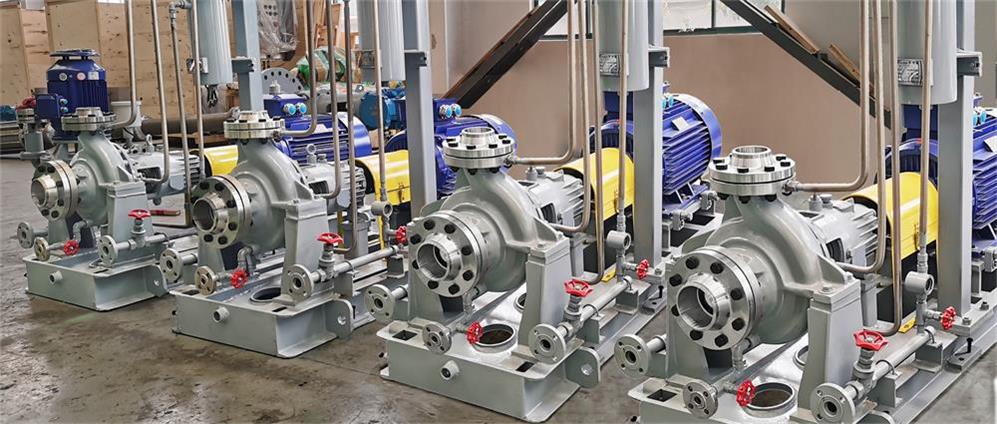
List of contents
- Brief introduction of petrochemical process pumps
- Advantages of our Petrochemical process pumps
Petrochemical process pumps are the most common equipment in petrochemical plants and also key devices in the petrochemical production process. Due to the severe working conditions, high performance and stability are required for the pump equipment. Under the dual effects of high temperature and high pressure, what kind of process pump can perfectly withstand the challenge?
For the questions raised by the purchasers during the procurement process of petrochemical process pumps, we will provide detailed answers.
The petrochemical process pump is a single-stage, end-suction, cantilevered centrifugal pump. The pump body is axially suctioned and radially discharged, and is supported on the base by the center line. The design, production, and inspection requirements of this type of pump are in accordance with the provisions of the American API 610 standard. It is the most widely used dynamic equipment in the petrochemical production process.
Centerline-mounted single-stage overhung pumps are designed as OH2 type pump. Pumps are securely mounted on a sturdy baseplate and are flexibly coupled to their drivers, ensuring smooth and dependable system performance.
Impeller: Advanced Casting Techniques and High-Performance Hydraulic Models
Pump casing: Hydraulics and Structural Mechanics: Customized Solutions for Complex Systems
Heavy-duty base plate: Equipped with two pipe load options in compliance with ISO 13709 (API 610) standards.
Pump gland: Back pull-out desige, no need to disassemble the suction and discharge pipeline during maintenance;
Bearing housing: Oil lubrication is adopted, with a large space bearing box and an additional constant-level oil cup for automatic oil replenishment. This reduces the temperature rise of the lubricating oil and extends the service life of the bearings.
Our product parts are designed with high interchangeability, significantly reducing the need for spare parts and making maintenance more convenient for our customers.
This petrochemical process pump unit boasts an extended period of uninterrupted operation, a remarkably low incidence of failure-induced downtime, and exceptional energy efficiency.
Centerline-supported base plate design;
Rigid, distortion-free one-piece casting base plate;
Heavy duty shaft.
Mechanical seals are an important component of rotating equipment, used to prevent the leakage of internal medium. In petrochemical plants, over 50% of the maintenance work for pump equipment involves mechanical seals. Therefore, enhancing the reliability of mechanical seals and extending their service life is a crucial measure to reduce the costs for end users.
Common leakage points of mechanical seals:
● Between the end faces of the stationary and rotating ring friction pairs.
● Between the rotating ring and the shaft sleeve. If a bellows seal is used, this type of leakage can be avoided.
● Between the stationary ring and the gland.
● Between the sealing gland and the housing.
● Between the shaft sleeve and the shaft.
The advancement in mechanical seal technology enables near "zero leakage".
High-parameter mechanical seals can handle:
● High pressure
● High speed
● High temperature
● Large diameter
High-performance mechanical seals can handle:
● Dry running,
● Zero leakage,
● No lubricating oil
● Medium containing slurry particles
Special mechanical seals also include:
● Large split mechanical seals
● Complex cartridge mechanical seals
● Mechanical seals with remote monitoring capabilities
We have increasingly higher requirements for the service life of mechanical seals, generally expecting them to last for one to two years, or even more than three years. The stable operation of mechanical seals can eliminate the risk of equipment leakage and ensure the safe operation of pump units. Leak-free petrochemical pumps can keep the equipment site clean and safe, achieving an environmentally friendly "leak-free factory".
The flow channel boasts exceptional processing accuracy and a superior hydraulic design, ensuring a perfectly smooth surface free of any burrs.
The impeller size, shaft length, and rotational speed are meticulously matched to achieve optimal dynamic balance, ensuring smooth and reliable operation for your peace of mind.
● Materials
Material selection in accordance with medium characteristics
Wetted parts conform to ASTM standards. Common materials include:
-12% chrome steel
-Stainless steel
-Duplex stainless steel
-Cast titanium
-Hastelloy
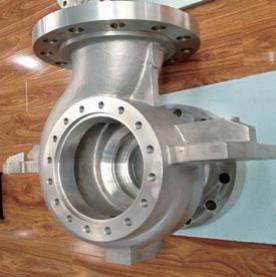
● A sealing flush plan suitable for the working conditions
Considering the unique characteristics of different devices and the specific conditions on site, various flush plans are selected to increase the operational lifespan of mechanical seals and enhance their safety usage grade.
Petrochemical process pumps are often used in severe working conditions. Some pumps convey medium at very high temperatures and are thus called high-temperature oil pumps. Some high-temperature oil pumps convey medium containing solid particles, such as catalytic oil slurry pumps which contain catalysts. Some high-temperature oil pumps convey corrosive medium, such as feed pumps in coking units. These different circumstances require customized flush plans for the mechanical seals of high-temperature oil pumps.
● Customized auxiliary facilities
● Insulating jacket
● Mechanical seal auxiliary devices
● Spin liquid separator
● Rehydration equipment
● Monitoring and alarm equipment
● Pressure transmitter
● Accumulator
● Customized flangs
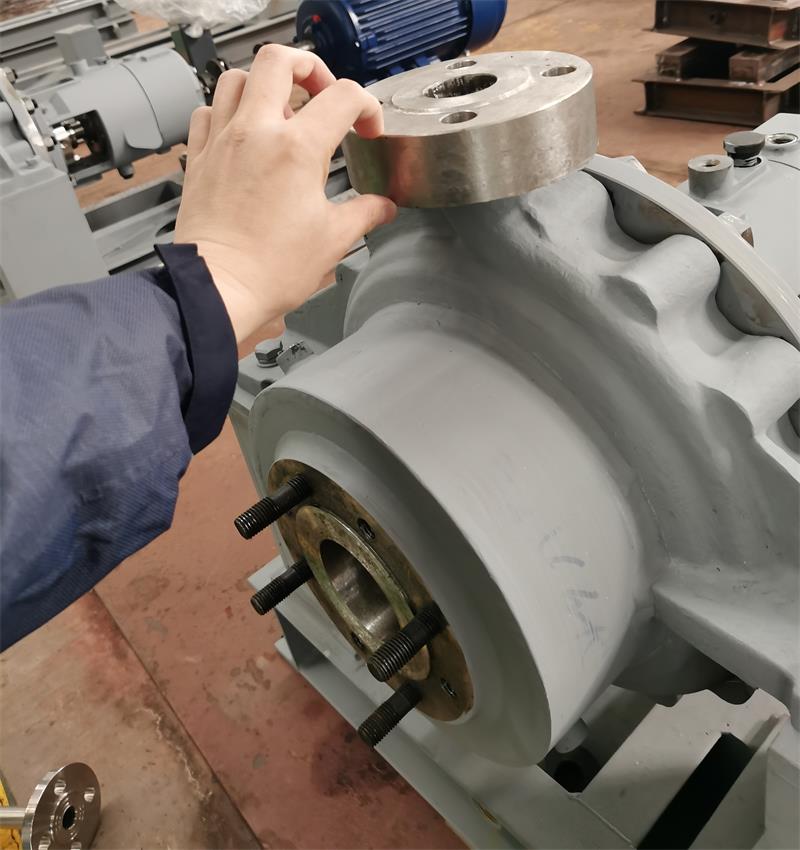
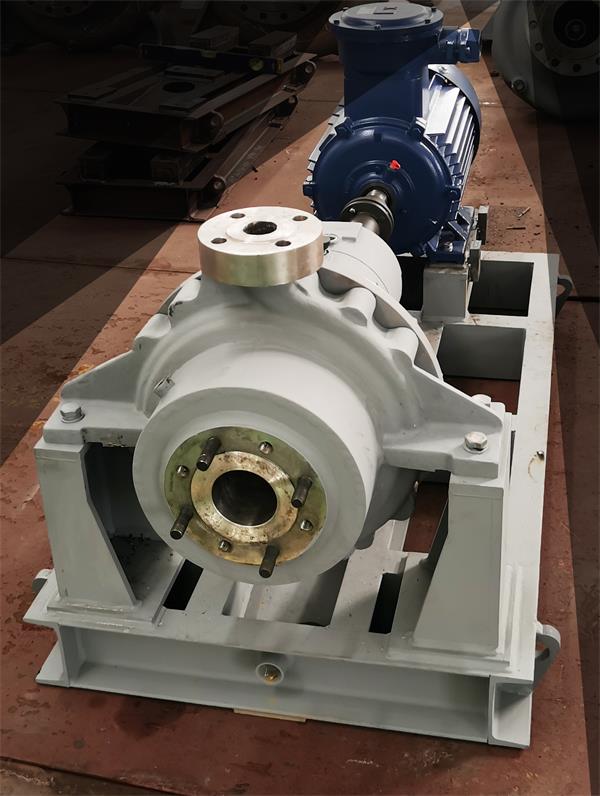
1. Pump fails to discharge liquid.
Causes and solutions:
- Air in suction pipe or pump (Fill with liquid, purge air)
- Mismatch between total head and pump head (Reduce discharge system resistance/height)
- Suction pipe leaks (Increase inlet depth or repair pipe)
- Excessive suction height or insufficient priming (Lower installation height, increase inlet pressure)
2. Insufficient flow and head.
Causes and solutions:
- Damaged impeller (Replace impeller)
- Incorrect motor speed (Check and adjust motor speed)
- Inlet/outlet valves not fully open (Fully open valves)
- Air in pump (Seal leaks)
- Medium density/viscosity mismatch (Replace pump/motor)
- Incorrect pump rotation direction (Adjust rotation direction)
3. Mechanical seal leakage
Causes and solutions:
- Improper mechanical seal selection/installation (Reselect/reinstall)
- Severe friction pair wear (Replace worn parts, adjust spring pressure)
- Uneven fit between rotating/stationary rings (Re-adjust seal assembly)
- Excessive friction pair pressure, broken stationary ring (Disassemble, replace stationary ring, ensure <0.1mm shaft verticality error)
- Low flow rate causing vibration (Increase flow rate or install bypass pump)
- Excess or dirty oil in oil chamber (Follow oil level gauge, replace oil)
4. Pump vibration and noise.
Causes and solutions:
- Misaligned pump and motor shafts (Realignment required)
- Bent pump shaft (Replace shaft)
- Worn or damaged bearings (Replace bearings)
- Wear between rotating and stationary parts (Repair pump, improve operating conditions)
The regular and correct maintenance of petrochemical pumps is crucial for ensuring their optimal performance, reducing the frequency of repairs and replacement cycles, and extending their service life. Proper maintenance not only minimizes downtime but also enhances safety and operational efficiency in industrial settings. Here are some detailed guidelines to follow:
● Regular Inspection of Pipelines, Valves, and Pumps
Routine inspections are essential to identify potential issues before they escalate into major problems. Inspectors should check for signs of wear, corrosion, leaks, or blockages in pipelines, valves, and pump components. It is advisable to establish a comprehensive inspection schedule that includes both visual checks and more detailed examinations using specialized tools. For instance, ultrasonic testing can be used to detect internal flaws in metal parts, while pressure tests can verify the integrity of seals and joints.
● Proper Use of Lubricating Oil
Lubrication plays a vital role in maintaining the smooth operation of moving parts within petrochemical pumps. Using the correct type and grade of lubricating oil as recommended in the instruction manual is key. Regularly check the oil levels and quality, and replace or replenish the lubricant as needed.
● Heating Protection for Petrochemical process Pumps in Cold Seasons
Under colder climatic conditions, high-temperature petrochemical pumps are prone to freezing due to low temperatures. This can be addressed by using electric heating tapes, insulation sleeves or heat tracing systems to ensure their reliable operation during winter.
● Strengthening Management and Training of Maintenance Personnel
The effectiveness of any maintenance program depends heavily on the skills and knowledge of the personnel involved. We are more than willing to provide relevant knowledge and guidance for the maintenance personnel of petrochemical process pumps. If you encounter any problems, please contact our after-sales staff.
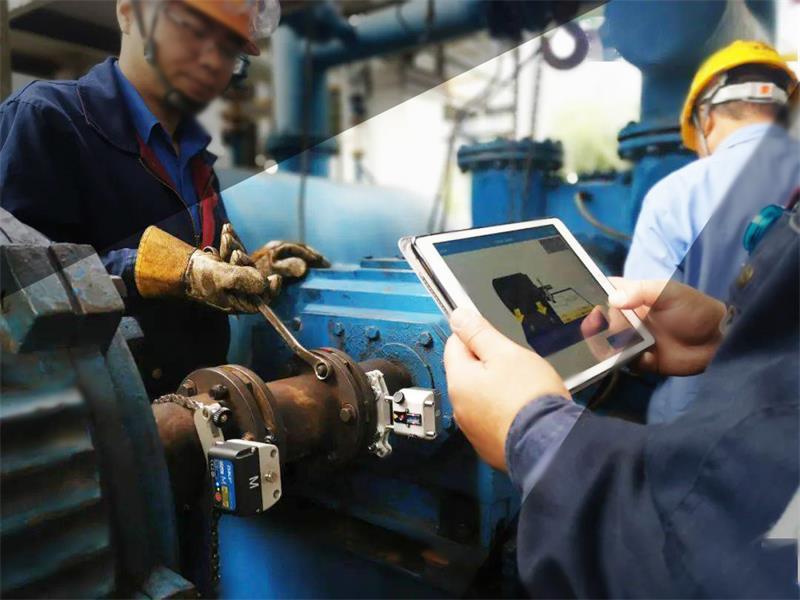
By following these comprehensive maintenance measures, ensuring that the petrochemical pumps operate at their best performance is a common goal for both pump manufacturers and the end owners.